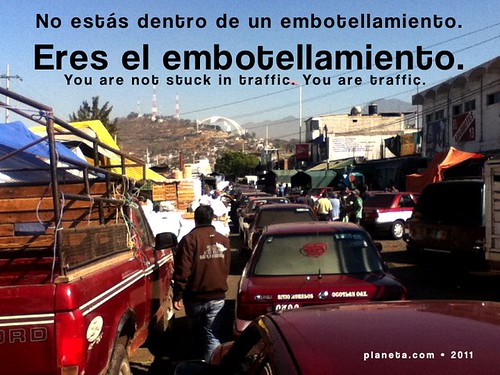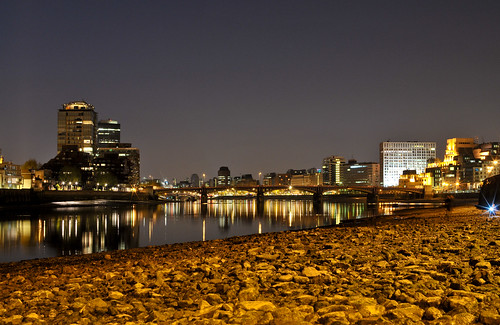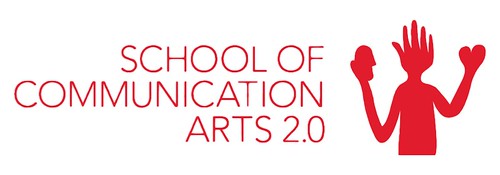Standing Up for an Olympic Legacy
A leading article in the Times newspaper catches my eye;
“There is a small collection of things that this country is very good at. Literature, pharmaceuticals, comedy, financial services, funny opening ceremonies, healthcare. And cycling.”
It makes me think.
Beyond a number of sports, what IS it that Britain remains world class at, in 2012?
I pose the question on Twitter;
Aside from certain sports (come on Team GB!)… What would you say Britain is still world class at?
Here are some of the replies…
Bespoke clothing
Politeness
“The literary and dramatic arts (we’ve always been a bit duff at the visual ones). We’re strong on creative industries generally”.
“Design ( Mr Ive), Innovation ( Mr Berners-Lee) Music (take your pick) Film ( Actors, Directors & Crew), Plus ‘Fairness'”
Theatre
“Cynicism and self-depreciation unfortunately. Let’s hope the amazing job we’ve done with the Olympics changes that”.
Galleries and Museums
“Military pageantry & most things military (which don’t involve large nos of soldiers) – training, special forces, being kickass.”
“Hi tech engineering ( F1 ) high class universities, Royalty ( We are REALLY good at that)”
“Our retail sector is one of the best in the world – lots of choice/range/convenience/quality”
“Entrepreneurs, inventors, food, Financial Services.”
” UK is leading the way with social enterprise!”
“Branding and advertising”
The British Government is currently running a GREAT campaign around the world. The Foreign and Commonwealth Office site explains;
“The GREAT campaign is designed to use the platform of the Games in 2012 to showcase Britain’s capabilities, to promote and enhance our reputation abroad and to maximise the economic potential of the Games”.
“The GREAT campaign invites to the world to take a fresh look at everything Britain has to offer. It centres on areas of British excellence focusing on reasons to invest in and visit the UK. These areas are Technology and Innovation, Entrepreneurship, Creativity, Knowledge, Green, Heritage, Sport, Shopping, Music and Countryside. We want to send out a clear message that Britain is one of the very best places in the world to visit, live, work, study, invest and do business”.
This is a powerful message to send to the world, and I just hope that it resonates back home in Blighty too.
I was struck by the words of Professor Colin Pillinger (the man behind the Beagle 2 mission to Mars, which was lost on landing), writing in today’s Sun newspaper;
“Where would this generation be without the space programme? People wouldn’t be watching the Olympics on the other side of the world; you wouldn’t be talking on your mobile phone. It also inspires children to study science and technology.”
In the coming weeks, much will be written about the Olympic Legacy. Already, a worrying amount is being asked of schools and “The Government”, when I would rather be plotting how to engage more brands, parents and volunteers in schools.
We tend to think of this concept of an Olympic Legacy literally. More rowers, cyclists and athletes please. A healthier, more active nation.
This is important and exciting.
How equally inspiring to imagine a country which looked at itself in the mirror with fresh eyes.
Yesterday, the BBC’s home affairs editor, Mark Easton tweeted something interesting and entertaining;
Each gold is like a motivational trainer telling Britain: “You know what? You are way better than you think you are.”
I agree.
So yes, to more cyclists.
And yes to more world-class tailors, writers, designers and engineers too.
I don’t think that it’s unrealistic for the one to inspire the other.
As others have remarked, we have won a terrific number of medals for sports which involve sitting down.
If anyone in Britain is even remotely interested in helping young people to do something exceptional with their life, now is the time to stand up and be counted.








